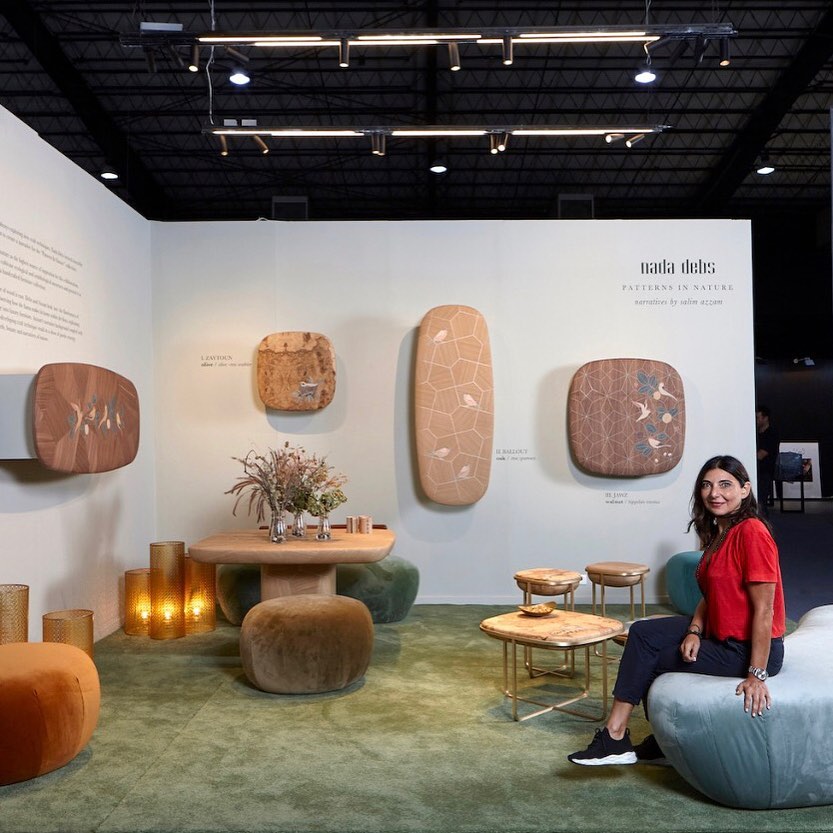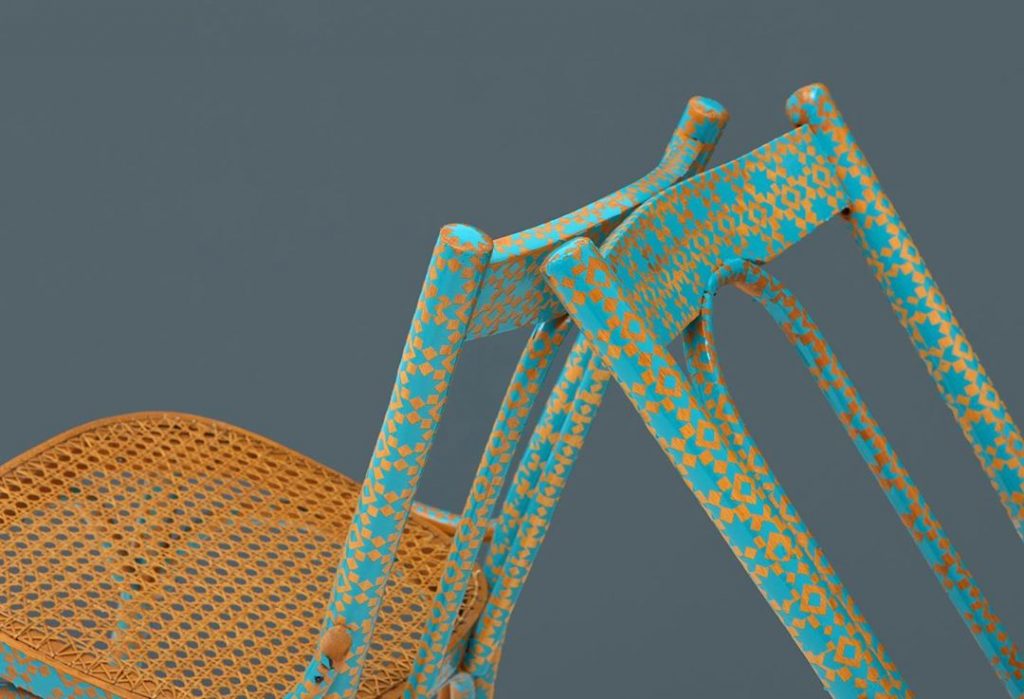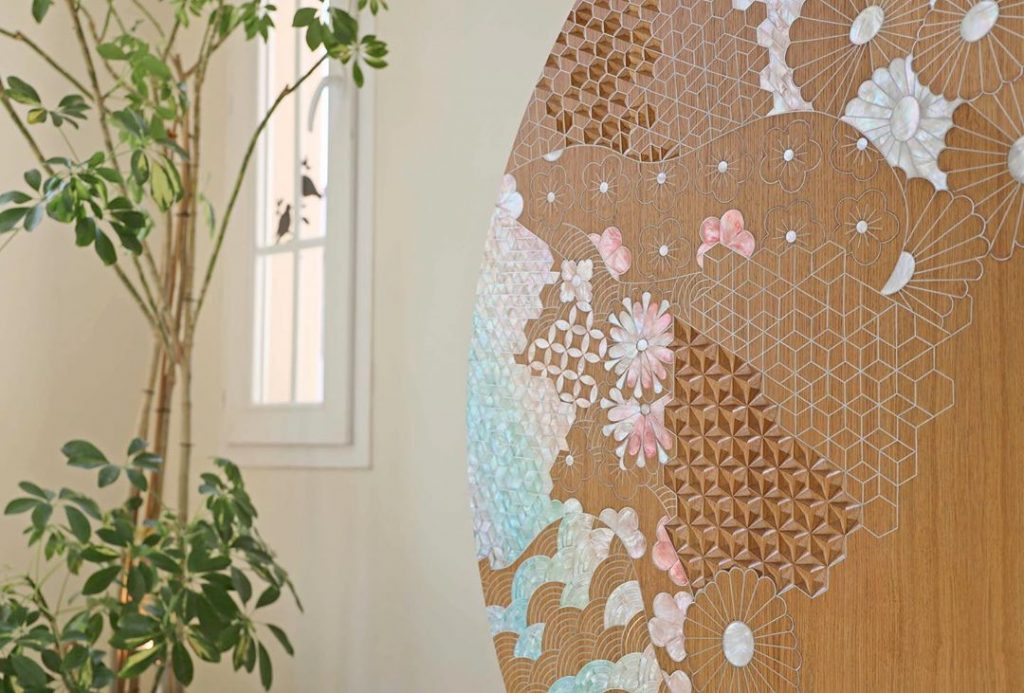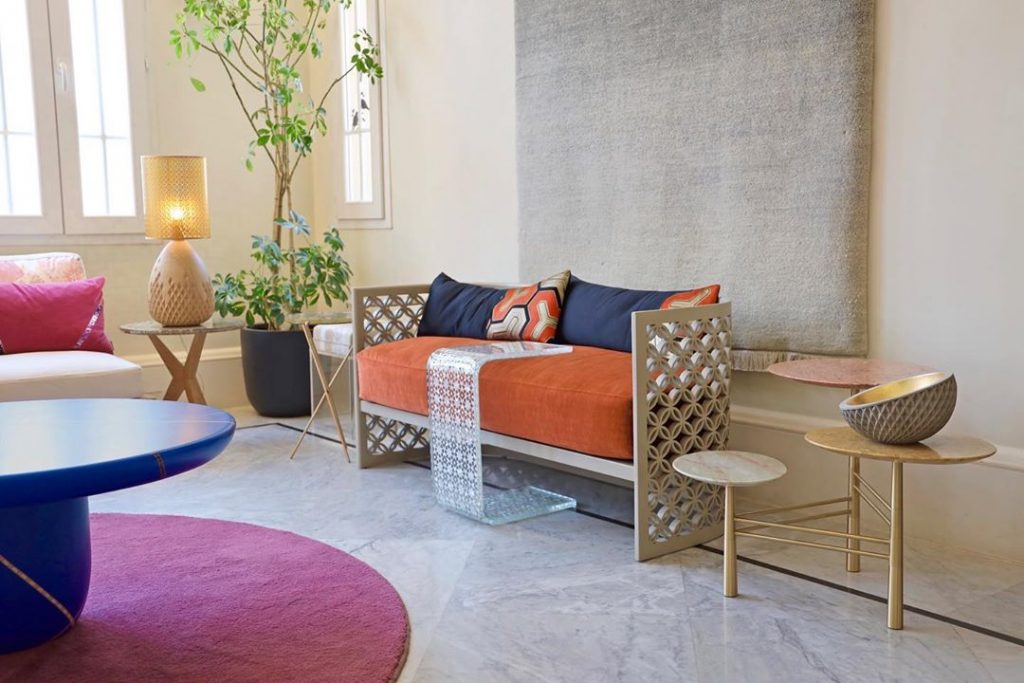







Diana Farah
Lebanese designer Nada Debs has learnt a lot from her time growing up in Japan.
However, what struck her the most was that her Middle Eastern origins were missing the two most important qualities which the Japanese believe in — minimalism and simplicity.
The Debs family has been in Japan for almost hundred years. Her great uncles moved there in 1917.
The designer said she felt like an outsider for most of her time in Japan as a young Muslim Arab girl.
“Back in the 1960s, Japan was not as open to other cultures as it is now,” she said.
But with time, Debs got used to it and even developed the aesthetics associated with Japan.
She said this became even more clear when she moved out of Japan and eventually ended up in Lebanon.
“In the Middle East, the aesthetic is much more elaborate and intricate. The Japanese are quite simple and minimalistic,” Debs said.
She added that her furniture and home décor designs were “definitely shaped by my time growing up in Japan. They align with the Japanese culture.”
Speaking to Arab News, Debs claimed “everything” was different between Arabs and Japanese people.
“Everything is the opposite,” she said. “In personalities, for example, Arabs tend to be more extroverted while the Japanese are more introverted. The values are completely different. In this part of the world (Middle East), people like to talk about themselves. Over there (Japan), most things are very understated. It is what you don’t say that counts.”
Debs said that she wanted the Arab people to relate to the Japanese visual and that is why she decided to create the identity for her company and designs.
She said that the Japanese prefer to bring down everything to its essence, making their aesthetic much purer.
During her time in Japan, Debs said she did not feel like she could really relate to any community or fully feel at home there since there were not many Arabs to begin with. “You could count them on your fingers,” Debs said.
“I felt I could relate to Indian and Pakistani communities the most as their cultures were the closest to ours,” she added.
Debs said that the only way she could stay in touch with her Arab roots was through her immediate family.
The Nada Debs studio and boutique is located in Lebanon’s Gemmayze, Beirut. The space shows off her many pieces and collections where customers can shop and commission furniture items.
The designer’s social media pages are widely followed by her audience, garnering over 15,000 followers on Facebook and over 40,000 followers on Instagram.
Debs started her career in the US after she pursued her higher education in interior architecture at the Rhode Island School of Design, before working for a US architecture firm. She then moved to London and started her own company, designing and producing customized furniture designs.
After seven years in the UK, she decided to move to her home country, where she operates from Beirut and delivers her work internationally.